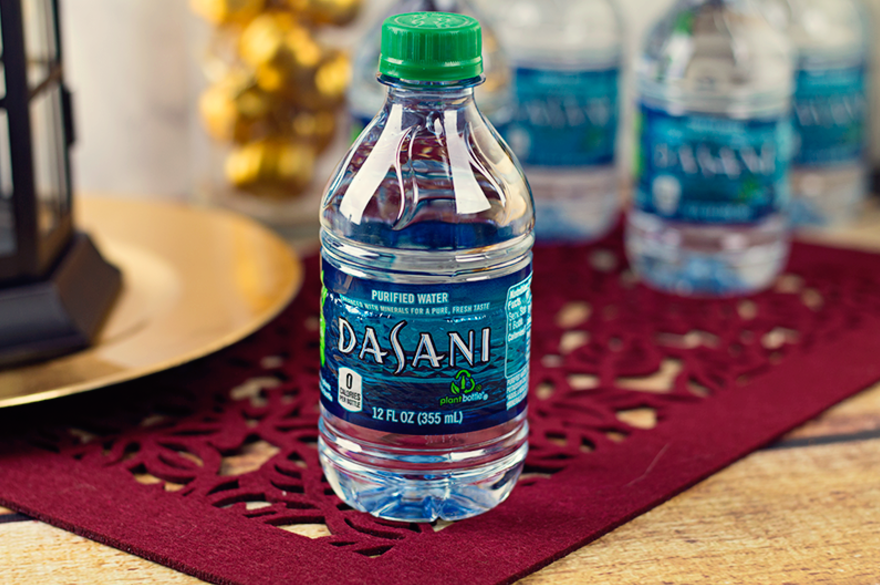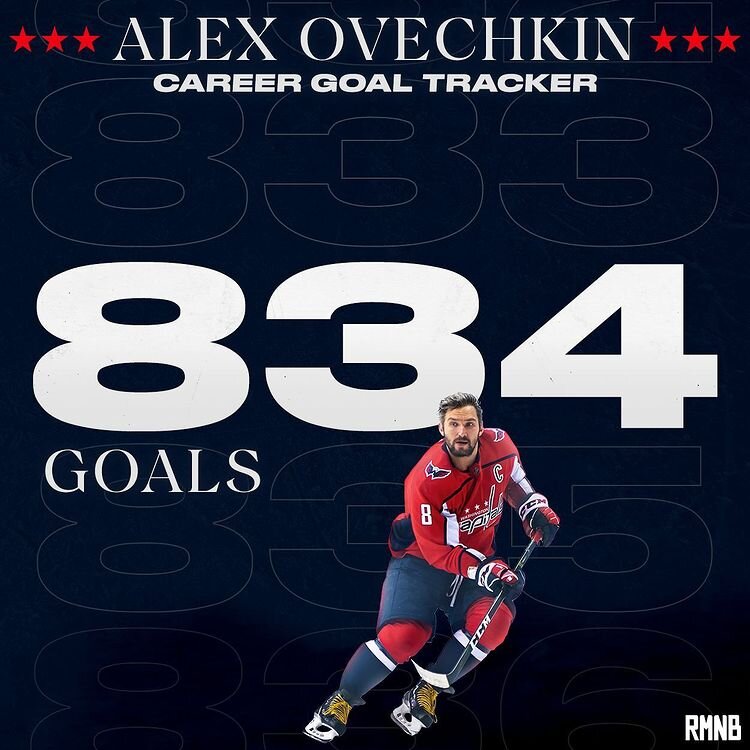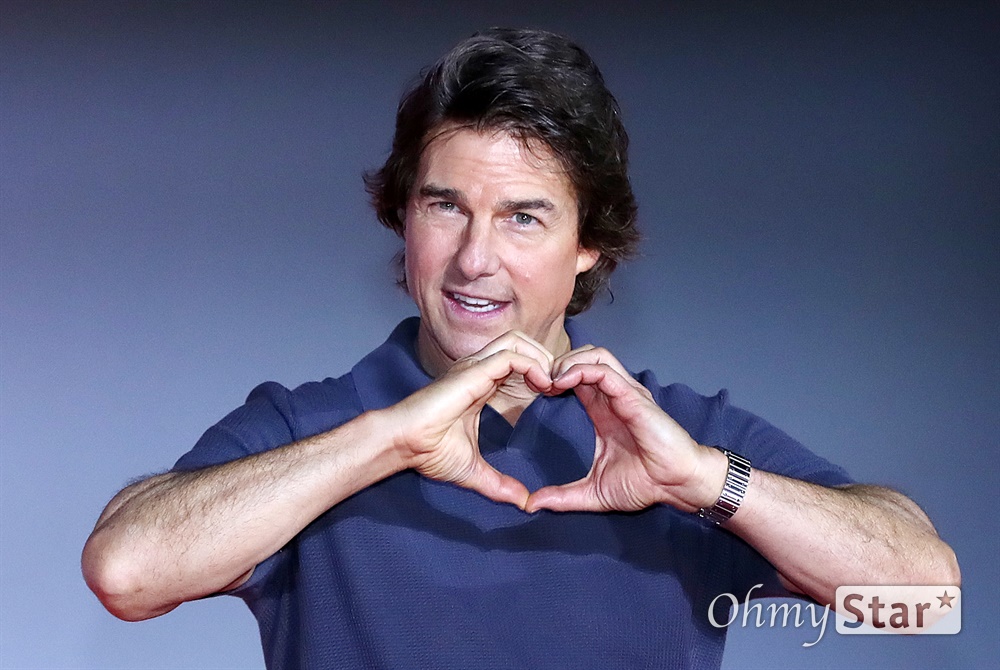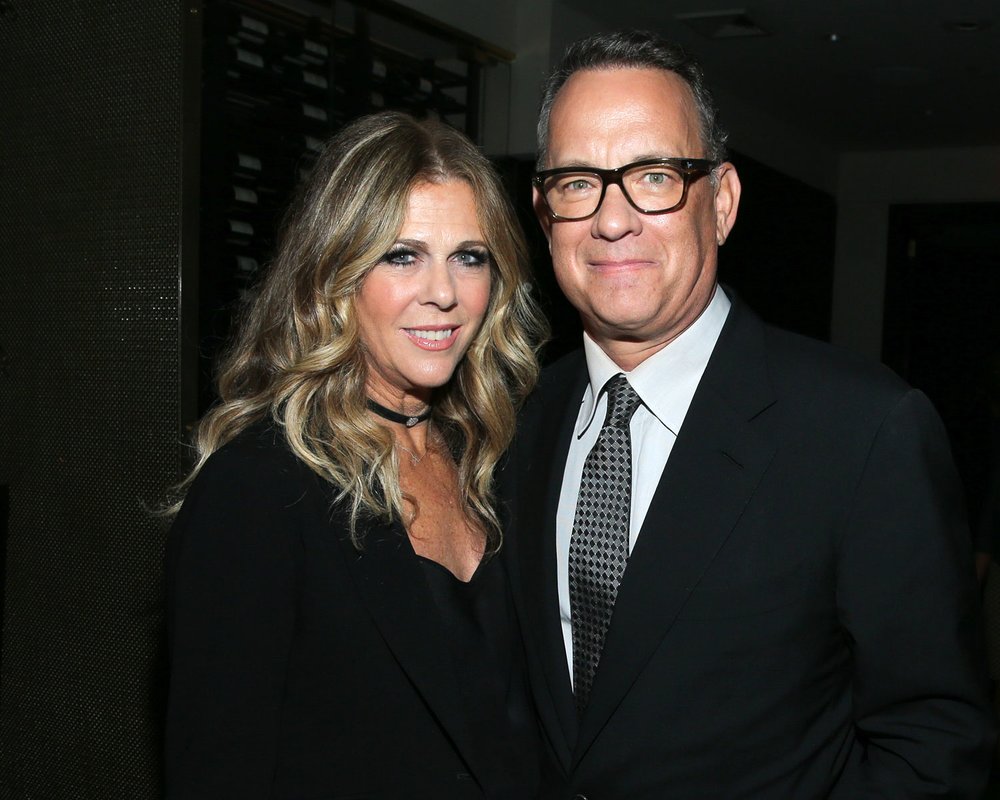Why Dasani Water Isn't Sold In The UK

Table of Contents
The 2004 UK Bottled Water Scandal and Its Lasting Impact
The story of Dasani Water UK begins—and perhaps ends—in 2004. Launched with considerable fanfare, Dasani's UK debut was short-lived, swiftly followed by a dramatic and highly publicized withdrawal. The culprit? Unacceptably high levels of bromate were detected in the bottled water.
Bromate, a byproduct of water purification processes, is a chemical compound classified as a possible human carcinogen by the World Health Organization. Its presence in Dasani above the permitted safety limits sparked immediate outrage and concern amongst consumers. The resulting negative media coverage was intense, depicting the incident as a major public health scare.
- High bromate levels detected in Dasani water bottles.
- Immediate product recall and widespread negative press coverage, severely damaging the brand's reputation.
- Significant damage to Coca-Cola's reputation (Dasani's parent company), impacting consumer trust.
- Increased scrutiny of bottled water regulations in the UK, leading to more stringent testing and oversight.
The 2004 debacle wasn't just a PR disaster; it fundamentally altered the landscape for Dasani in the UK, casting a long shadow that continues to this day.
Stricter UK Regulations and Bottled Water Standards
The UK boasts some of the most stringent regulations concerning bottled water purity and safety in the world. These standards are significantly more rigorous than those in some other countries where Dasani is successfully sold. Gaining approval in the UK requires extensive testing and a meticulous adherence to detailed guidelines covering numerous potential contaminants.
The high cost of meeting these exacting standards, coupled with the potential risk of another scandal, might present significant barriers for Coca-Cola to overcome. The UK's robust regulatory framework prioritizes public health, creating a high hurdle for companies aiming to introduce new bottled water brands.
- Higher standards for contaminant levels compared to many other regions, making it costly to comply.
- Increased public awareness and demand for high-quality, locally-sourced bottled water in the UK.
- Stringent regulatory bodies like the Food Standards Agency (FSA) oversee water safety, demanding meticulous compliance.
- The substantial investment needed to meet UK standards presents a challenge for Dasani.
Market Competition and Consumer Preferences in the UK
The UK bottled water market is fiercely competitive, with a range of established brands catering to diverse consumer tastes. Local favorites like Highland Spring and Buxton have built strong brand loyalty, holding significant market share. Consumers often demonstrate a preference for naturally sourced, locally-produced waters, reinforcing the challenge for an external brand like Dasani.
The lingering impact of the 2004 incident further complicates Dasani's potential re-entry. Rebuilding consumer trust after such a significant setback would require a considerable investment in marketing and a carefully crafted public relations strategy.
- Strong competition from well-established brands like Highland Spring and Buxton, enjoying high consumer trust.
- Consumer preference for locally sourced and naturally-derived bottled water.
- The negative perception of Dasani following the 2004 bromate incident continues to hinder its potential.
- The significant cost of launching a new product in a saturated market, facing strong established competitors.
The Coca-Cola Strategy and Focus
Coca-Cola's overall strategy in the UK market might simply not prioritize the re-introduction of Dasani. The company's extensive portfolio of other beverage products likely demands more attention and resources, making a Dasani relaunch a lower priority. The considerable investment required to overcome the hurdles detailed above might be considered a less attractive prospect compared to focusing on their existing successful brands.
Conclusion: The Enduring Absence of Dasani Water UK
The absence of Dasani water in the UK remains a compelling case study in the intersection of public health concerns, stringent regulations, and competitive market dynamics. The 2004 scandal significantly impacted consumer trust, and the UK's demanding regulatory environment presents a major hurdle. Coupled with fierce competition from established brands, the challenges facing a Dasani relaunch seem insurmountable for now. What are your thoughts? Share your experiences with other bottled water brands in the UK, and discuss your perspective on the lasting legacy of the Dasani UK situation. Further research into the history of Dasani and its impact on the bottled water industry will likely reveal even more insights into the reasons behind the continued absence of Dasani UK. Have you tried to buy Dasani water in the UK before? Let us know your experiences in the comments below!

Featured Posts
-
 Analyzing The Impact Jalen Brunsons Departure Vs The Potential Luka Doncic Trade On The Dallas Mavericks
May 15, 2025
Analyzing The Impact Jalen Brunsons Departure Vs The Potential Luka Doncic Trade On The Dallas Mavericks
May 15, 2025 -
 12 Milyon Avroluk Kktc Yardimi Politika Analizi Ve Gelecek Senaryolari
May 15, 2025
12 Milyon Avroluk Kktc Yardimi Politika Analizi Ve Gelecek Senaryolari
May 15, 2025 -
 Pimbletts Ufc 314 Prediction A Stepping Stone To The Championship
May 15, 2025
Pimbletts Ufc 314 Prediction A Stepping Stone To The Championship
May 15, 2025 -
 Jalen Brunsons Return Expected To Play Sunday After Ankle Injury
May 15, 2025
Jalen Brunsons Return Expected To Play Sunday After Ankle Injury
May 15, 2025 -
 Rekord Grettski N Kh L Obnovila Prognoz Na Dostizhenie Ovechkinym
May 15, 2025
Rekord Grettski N Kh L Obnovila Prognoz Na Dostizhenie Ovechkinym
May 15, 2025
Latest Posts
-
 12 7
May 16, 2025
12 7
May 16, 2025 -
 12
May 16, 2025
12
May 16, 2025 -
 7 12
May 16, 2025
7 12
May 16, 2025 -
 Tom Cruise And Tom Hanks The Story Behind The Unpaid One Dollar Debt
May 16, 2025
Tom Cruise And Tom Hanks The Story Behind The Unpaid One Dollar Debt
May 16, 2025 -
 The Unpaid Dollar Tom Cruise And Tom Hankss Unsettled Debt
May 16, 2025
The Unpaid Dollar Tom Cruise And Tom Hankss Unsettled Debt
May 16, 2025
